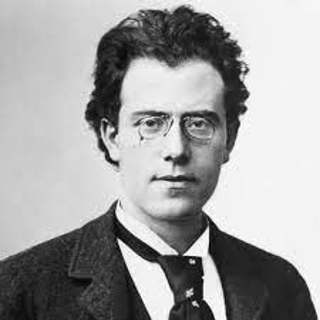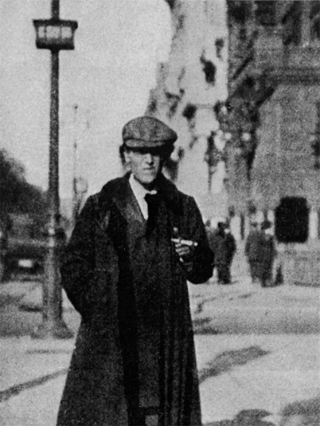
Mahler Symphony No. 2, Part 2
Today we explore the two middle movements of Mahler's 2nd symphony. These movements were meant as intermezzi, and are both memories in their own way. The first is a nostalgic, wistful, and extraordinarily simple(for Mahler) Austrian Landler. The second is a bitterly cynical and ironic retelling of a story from Mahler's favorite collection of folk poetry, Des Knaben Wunderhorn(The Boy's Magic Horn). These are the movements listeners sometimes struggle with the most, so let's uncover their secrets together!
7 Touko 202036min
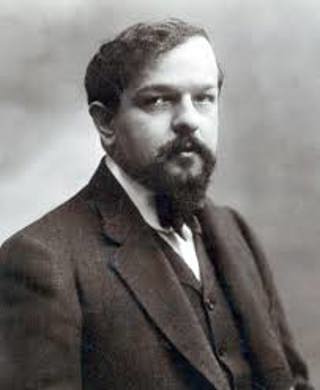
Debussy Prelude to the Afternoon of a Faun
We're taking a brief detour from Mahler 2 today to discuss Debussy's legendary Afternoon of a Faun, a piece written in the same year as Mahler's 2nd symphony. It's easy to forget how revolutionary this piece was at the time, but composers from Stravinsky to Schoenberg to Boulez to Messiaen were galvanized by this 10 minute masterpiece which Boulez said "breathed new life into the art of music." This is a piece that changed musical history for good, and today we'll find out exactly why it had such an impact.
4 Touko 202035min
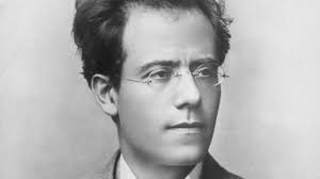
Mahler Symphony No. 2, Part 1
"What next? What is life and what is death? Will we live on eternally? Is it all an empty dream or do our life and death have a meaning? We must answer this question, if we are to go on living." These words form the basis of Mahler's epic second symphony. This week, on Part 1, we'll talk about the first movement of the symphony. We'll explore Mahler's multiple programs for the piece, the structure of this huge movement, and of course, the powerful emotions underpinning every single note Mahler ever wrote.
30 Huhti 202038min
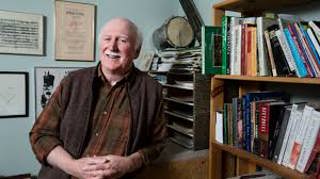
A Conversation with Jan Swafford, Composer and Author
If you ever wanted to be a fly on the wall for a slightly nerdy conversation between a conductor and a composer who also happens to be a great writer and thinker about classical music, this week's show is for you! This is a wide-ranging, free-flowing conversation that covers the composition process, understanding Beethoven from a composer's perspective, the intimacy of Brahms, and the wackiness and earnestness of the music of Ives. I hope this hour will be as fun an escape for you as it was for me!
27 Huhti 202056min
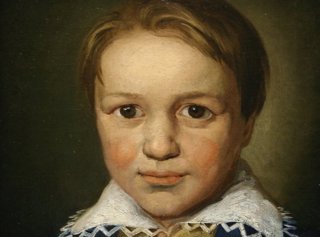
Opus 1s: The First Works of Great Composers, Part 2
Every great composer has an origin story. Every composer started somewhere. I'm fascinated with a composers first works because they tell us so much about who they are going to become. In some cases, composers were writing masterpieces before they turned 18! And some were late bloomers, giving some hope to the rest of us! Today we look at composers 5-10: Beethoven, Schubert, Bruckner, Shostakovich, and in my Patreon exclusive mini-episode, Prokofiev. You'll hear some truly astonishing music this week!
23 Huhti 202042min

What is Historical Performance? w/Augusta McKay Lodge
Have you ever wondered what the real differences are between modern and historical performance? Why do historical performances sound so different from modern ones? This week, we take a deep dive into historical performance with the baroque violinist Augusta McKay Lodge. We talk the differences in the sound worlds between modern and historical performance, and also try to resolve the "Cold War" between modern and historical performers. This was a truly fascinating interview, so I hope you'll enjoy it!
20 Huhti 202041min
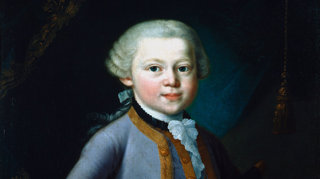
Opus 1s: The First Works of Great Composers, Part 1
Every great composer has an origin story. Every composer started somewhere. I'm fascinated with a composers first works because they tell us so much about who they are going to become. We can see in so many of these works a germ, a seed of an idea that will blossom into masterpieces. In some cases, composers were writing masterpieces before they turned 18. And some were late bloomers, giving some hope to the rest of us! Today we look at composers 1-5: Mozart, Rameau, Haydn, Mendelssohn, and Korngold.
16 Huhti 202045min

Conductor's Roundtable
This week I was proud to join the Phoenix Orchestra's livestream at twitch.tv/thephoenixorch for a quarantined conductor's roundtable featuring Matthew Szymanski, Aram Demirjian, and Gemma New. We discussed what it is that conductor's do, the art of rehearsing, batons, the psychology of working with large groups, our craziest stories from doing the job, and much much more. This was such a fun experience and we're going to be doing it again very soon. We hope you enjoy it and will join us for the next one!
13 Huhti 202056min
